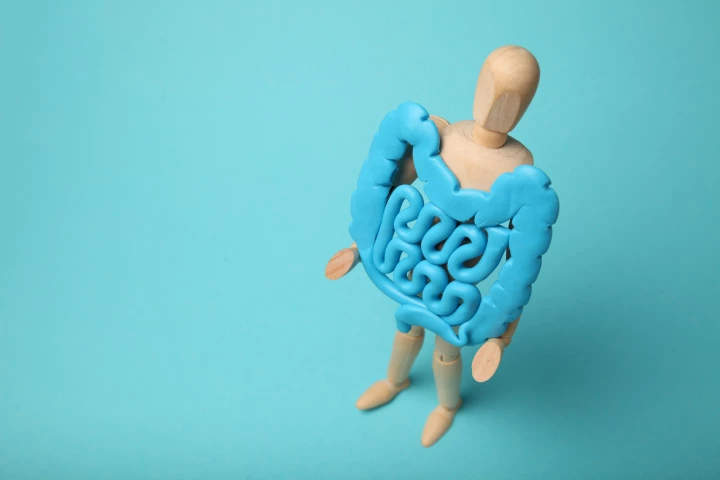Francis Crick
-
Researchers have discovered a particular type of cancer cell that relies on its own biological electric utility company to thrive. Disrupting this power plant – with the help of a puffer fish – showed a breakthrough way to fight the tumors.
-
For the first time, a major trigger in inflammatory bowel disease (IBD) and related conditions has been identified, and existing drugs are capable of blocking it. It's a "massive step" in successfully treating these debilitating lifelong conditions.
-
Scientists have sequenced the genomes of two ancient skeletons and found the oldest human DNA in the British isles. The data reveals the story of two separate migrations of early humans into what is now the UK, and how these different cultures lived.
-
Extraordinary research has presented a new hypothesis as to how cancer develops, inspired by a forgotten study from 75 years ago. The research showed how pre-existing mutations in healthy tissue can be prompted into tumorous proliferation by air pollution.
-
Scientists have used the CRISPR gene-editing system to produce litters of mice that are 100 percent either male or female. The technique could help prevent the unnecessary culling of animals of unwanted sex in agriculture or scientific experiments.
-
Scientists hope to improve our odds against cancer through the use of viruses that selectively infect and kill tumor cells. A newfound understanding of how tumor cells shield themselves from these attackers could give these efforts a big boost.
-
When it comes to accurately reading the brain's electrical signals, many systems utilize implantable electrodes. A new technology is reportedly less invasive yet just as accurate, as it swaps regular electrodes for ultra-thin wires.
-
If you want to study a mouse's behaviour, then perhaps it isn't best to grab it and put it in a setting where it has to perform a certain task. That's the thinking behind Autonomouse, a cage that's designed to make life easier for lab mice, and to produce better results in behavioural studies.
-
Whether or not cardiac stem cells exist has been up for debate, but now European scientists claim to have created a cell-by-cell map of a mouse heart before and after a heart attack – and found no evidence of stem cells at all.
-
When tuberculosis-causing bacteria invade the human body, a drama unfolds at the cellular level involving invasions, toxic poisons, shape-shifting, prisons and daring escape plans. Now researchers have watched it all play out in real time. The finding could help fight antibiotic-resistant bacteria.
-
Gizmag speaks to iBrain inventor Dr Philip Low about the potential applications of the device.










